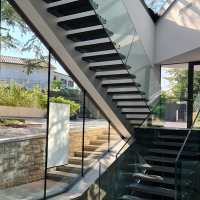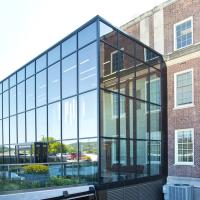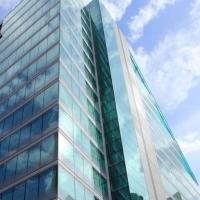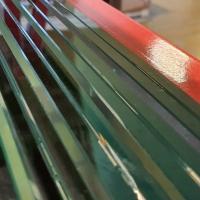Ul. Golfowa 19
Konopiska 42-274
Poland
PRESS GLASS Holding SA
Company address
COMPANY DESCRIPTION
From the date of our creation, we have been driven by a clear vision. To build a modern, dynamic and globally active company that contributes to the development of our Business Partners. Our mission is to strengthen the competitiveness of our Customers by meeting their expectations.
COMPANY ACTIVITY
Manufacturer
SIMILAR COMPANIES
Qingdao REXI Industries Co., Ltd
No. 3 Building Resources Boya Plaza, Xiangling Road
Qingdao Shi
Shandong Sheng, 266071
China
Luoyang North Glass Technology Co., Ltd.,
No. 20 Binhe Road, High-tech Development Zone,
Luolong Qu
Luoyang Shi
Henan Sheng, 471003
China




















